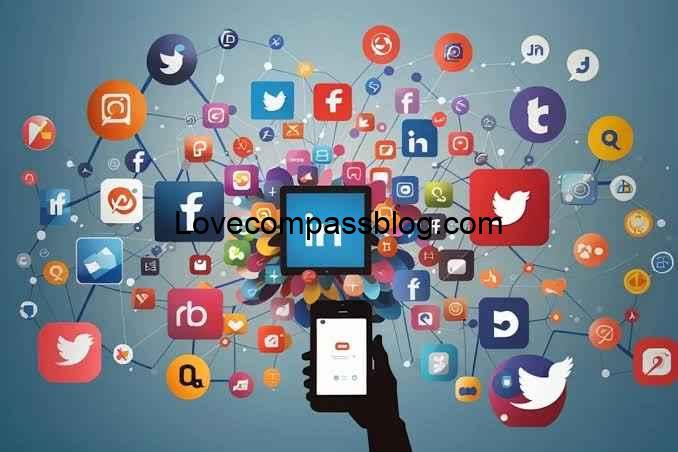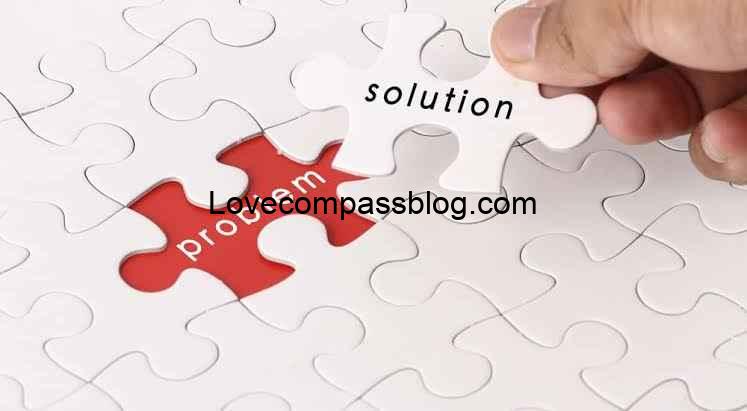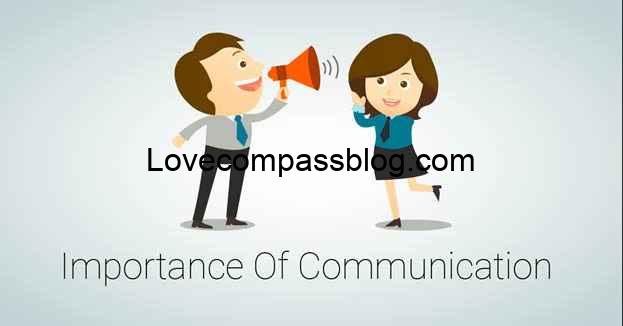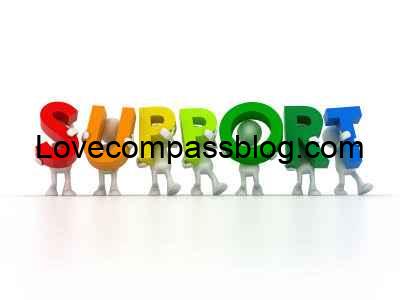Dealing with Relationship Comparisons in the Age of Social Media

Social media has seamlessly integrated into our daily lives, shaping how we communicate, consume information, and even perceive our personal relationships. Romantic relationships, in particular, have been increasingly affected by this digital shift. Platforms like Instagram, Facebook, and TikTok are filled with photos and videos of couples who appear to be living dream lives, filled with endless adventures, surprises, and unshakable affection. But what we often fail to realize is that these images are carefully curated snapshots, not reflections of reality.
In this age of social media, it’s easy to fall into the trap of comparing your relationship to the perfect-looking ones you see online. These relationship comparisons can be destructive, leading to dissatisfaction, insecurity, and even conflict with your partner. So, how do you navigate the social media landscape without letting it harm your relationship? This article delves deep into the causes, effects, and strategies for dealing with relationship comparisons driven by social media.
Relationship Comparisons

Relationship comparisons are not a new concept. Long before social media, individuals compared their romantic relationships to those of friends, family, or even fictional couples in books and movies. However, the rise of social media has amplified this tendency by offering a constant stream of content that showcases romantic relationship comparisons.
The comparisons can manifest in several ways:
- Romantic relationship comparisons: This occurs when we compare the romantic gestures, communication styles, or intimacy levels of our relationship to those of other couples.
- Online relationship comparisons: With social media, couples frequently compare their relationship based on the online activities of others, particularly the glamorous moments posted on platforms like Instagram and Facebook.
- Comparing current relationships to past relationships: Some individuals fall into the trap of idealizing past relationships, especially when comparing them to their current one during challenging times.
These comparisons can result in relationship comparison anxiety, where a person constantly worries that their relationship is not as good as others. It can also lead to self-esteem issues in both partners, as the constant measurement against seemingly perfect couples can make them feel inadequate or less loved.
The Role of Social Media in Relationship Comparisons

Social Media and Relationship Dynamics
Social media has become a significant factor in modern relationship dynamics. Platforms that were initially intended for communication have now evolved into spaces where people curate and share the most flattering aspects of their lives. These unrealistic relationship portrayals on social media set a high standard that few, if any, real relationships can meet on a daily basis.
This creates social media pressure in relationships, where both partners may feel the need to publicly showcase their happiness to keep up with others. This pressure can manifest in subtle ways, such as posting frequent couple photos or crafting captions that express undying love, even when the relationship is going through rough patches.
The danger lies in how these posts are interpreted. Because social media primarily shows the highlights of people’s lives, unrealistic expectations can develop. For instance, a partner might wonder why their significant other isn’t as romantic or spontaneous as the people they see online. This can lead to dissatisfaction and unnecessary strain.
Emotional Effects of Relationship Comparison
The emotional effects of relationship comparison go beyond just dissatisfaction. Relationship envy is one of the most common emotions triggered by social media. When you see couples traveling, getting engaged, or celebrating milestones, it’s natural to feel envious, especially if your relationship doesn’t seem to be on the same level.
Over time, this can significantly impact relationship satisfaction. Constant comparison may lead you to overlook the positive aspects of your relationship, focusing only on what it lacks. This erodes emotional intimacy, leading to a cycle of envy, resentment, and distance between partners.
The phenomenon is rooted in social comparison theory, which suggests that humans have an innate tendency to evaluate themselves in relation to others. In the context of romantic relationships, social media intensifies this tendency by providing a never-ending stream of content to compare. This often results in FOMO (Fear of Missing Out), making you feel like you’re missing out on experiences that other couples are having. There’s also the need for social validation, where couples feel compelled to prove their happiness to others by posting about their relationship.
Common Issues Arising from Relationship Comparisons

Comparing Your Partner to Others
One of the most harmful effects of social media-driven comparison is that it leads to comparing your partner to others. You might see other people receiving grand gestures, expensive gifts, or declarations of love and begin to feel that your partner is not doing enough. This is an unfair and unrealistic expectation because you are comparing your partner’s real-life actions to the highlight reels of others.
Additionally, when your partner compares you to others, it can be deeply hurtful. For example, the thought “My girlfriend compares our relationship to others” often comes up in couples therapy, as it can cause feelings of inadequacy and frustration. Comparison of any kind shifts the focus away from building a strong, unique bond and instead creates competition between your relationship and others.
Relationship Competition on Social Platforms
This brings us to the issue of relationship competition on social platforms. Social media can create an environment where partners feel like they must “outdo” each other or other couples. Instead of fostering love and support, the relationship becomes a performative exercise aimed at impressing others online. This is a toxic approach, as it undermines the genuine connection between partners.
Toxic Relationship Comparisons
Toxic relationship comparisons often result from repeatedly measuring your relationship against others, which fosters unhealthy dynamics. Emotional manipulation might occur if one partner constantly uses comparisons to guilt or control the other. For example, “Why don’t you ever take me on romantic vacations like so-and-so’s boyfriend?” creates an atmosphere of emotional blackmail rather than open communication.
Over time, these comparisons can severely strain the communication in the relationship. Partners may become defensive, distant, or reluctant to express their true feelings, fearing judgment or further comparison.
Strategies to Manage Relationship Comparisons

Recognizing the Impact of Social Media
The first step in managing relationship comparisons is to recognize the impact of social media. The carefully curated posts shared by influencers and everyday users alike are designed to present an idealized version of life. Influencers on social media, in particular, often portray picture-perfect relationships as part of their brand. Knowing that much of what you see online is a carefully crafted illusion can help prevent unrealistic relationship expectations from taking hold.
Healthy Coping Mechanisms
Once you understand the distortions of social media, it becomes easier to adopt healthy coping mechanisms. For example, managing relationship comparisons starts with focusing on the positives of your own relationship rather than fixating on what others appear to have. Ask yourself: What makes my relationship unique? What are the things my partner and I do that make us happy? These questions help ground you in reality.
Another important strategy is coping with relationship envy by acknowledging the envy and then actively shifting your perspective. Instead of feeling bad about what your relationship doesn’t have, celebrate the strengths and qualities that make your bond special.
How to Stop Comparing Your Relationship to Others
- Focus on personal relationship strengths: Every relationship has its strengths and weaknesses. By focusing on what you and your partner do well together, you can avoid falling into the trap of comparison.
- Build self-worth outside of comparisons: Remember that your happiness and self-esteem should not be tied to how your relationship measures up to others. Find value in your own experiences and achievements.
The Importance of Communication in Relationships

Healthy communication is the cornerstone of any successful relationship. When feelings of inadequacy arise due to comparisons, it’s essential to address those feelings openly with your partner. Rather than allowing those emotions to fester, open discussions about comparisons can foster mutual understanding and strengthen the bond between you.
Strengthening Relationship Trust
In any relationship, trust is paramount, and it’s especially crucial when facing external pressures from social media. Partners should work together to strengthen relationship trust, ensuring that both parties feel secure in their relationship. One way to do this is to avoid secrecy about feelings. By creating a safe space for both partners to express their insecurities, the relationship can grow stronger and more resilient against external pressures.
Real-Life Examples and Anecdotes
- Relationship comparisons examples: Picture this—your friends post about an extravagant anniversary trip. You’re stuck at home, feeling like your relationship is suddenly inadequate because you can’t afford the same. But if you take a moment to reflect, you might remember the quiet, meaningful moments you’ve shared, such as cooking dinner together or taking evening walks.
- Funny relationship comparisons: Humor is often a great way to put things into perspective. For example, comparing how you and your partner argue over who controls the TV remote versus how another couple spends hours meditating together can lighten the mood and remind you that every relationship has quirks.
- Relationship comparisons quotes: “Comparison is the thief of joy.” This popular quote by Theodore Roosevelt perfectly encapsulates the harm caused by comparing relationships. It’s a reminder that constant comparison can take away from the happiness and uniqueness of your bond.
Conclusion
The age of social media has undoubtedly transformed how we perceive relationships, making relationship comparisons more common and potentially more harmful. However, by recognizing the emotional effects of these comparisons and adopting healthy coping strategies, couples can safeguard their relationship from the toxic influences of social media.
Now that you understand the importance of staying grounded in your relationship, focus on the things that matter most to you and your partner. Remember that your relationship doesn’t need to look like anyone else’s to be fulfilling and meaningful. Cherish your unique bond, and prioritize the aspects that make it strong and resilient. While social media may amplify the tendency to compare, it’s important to resist the pressure to measure your relationship by someone else’s highlight reel.





